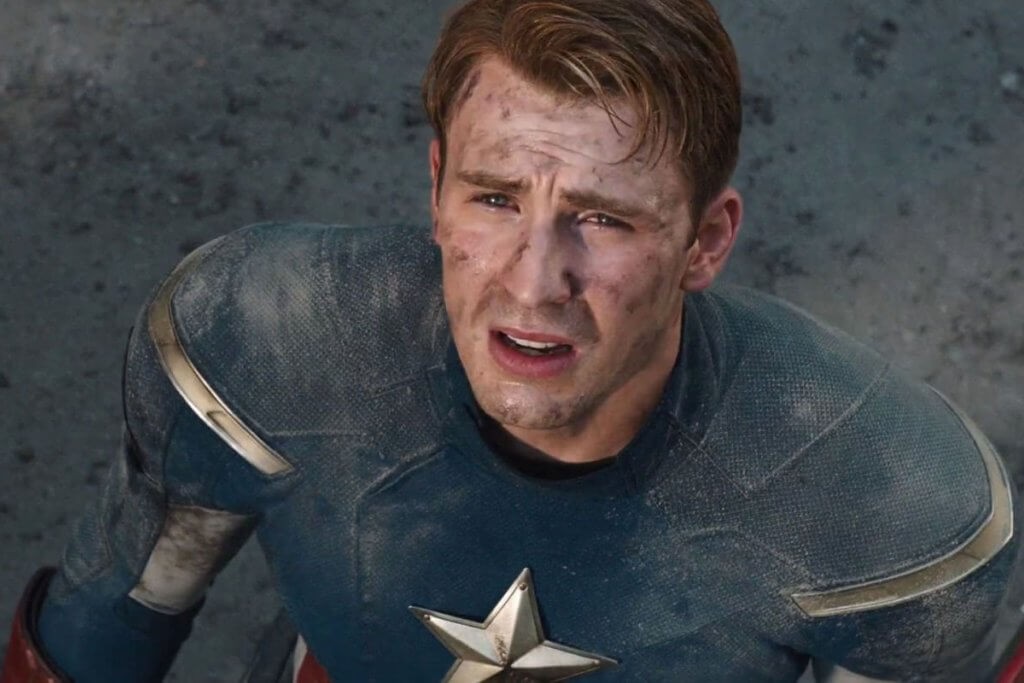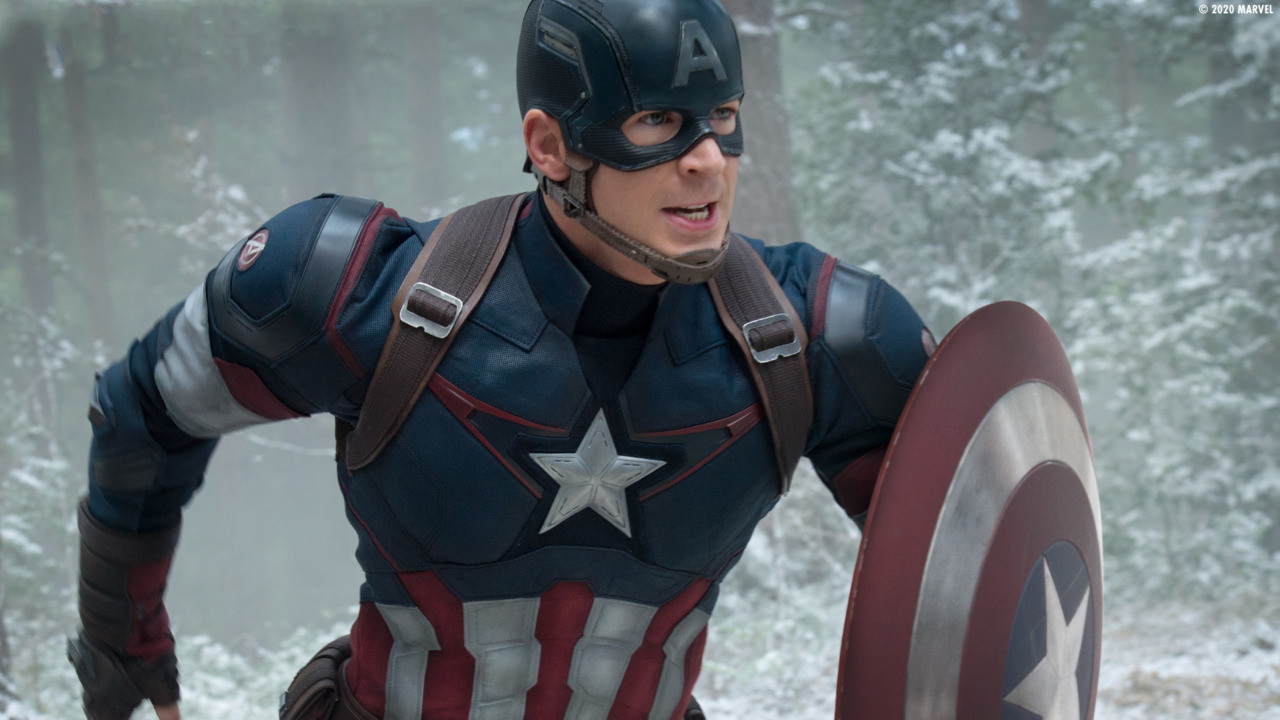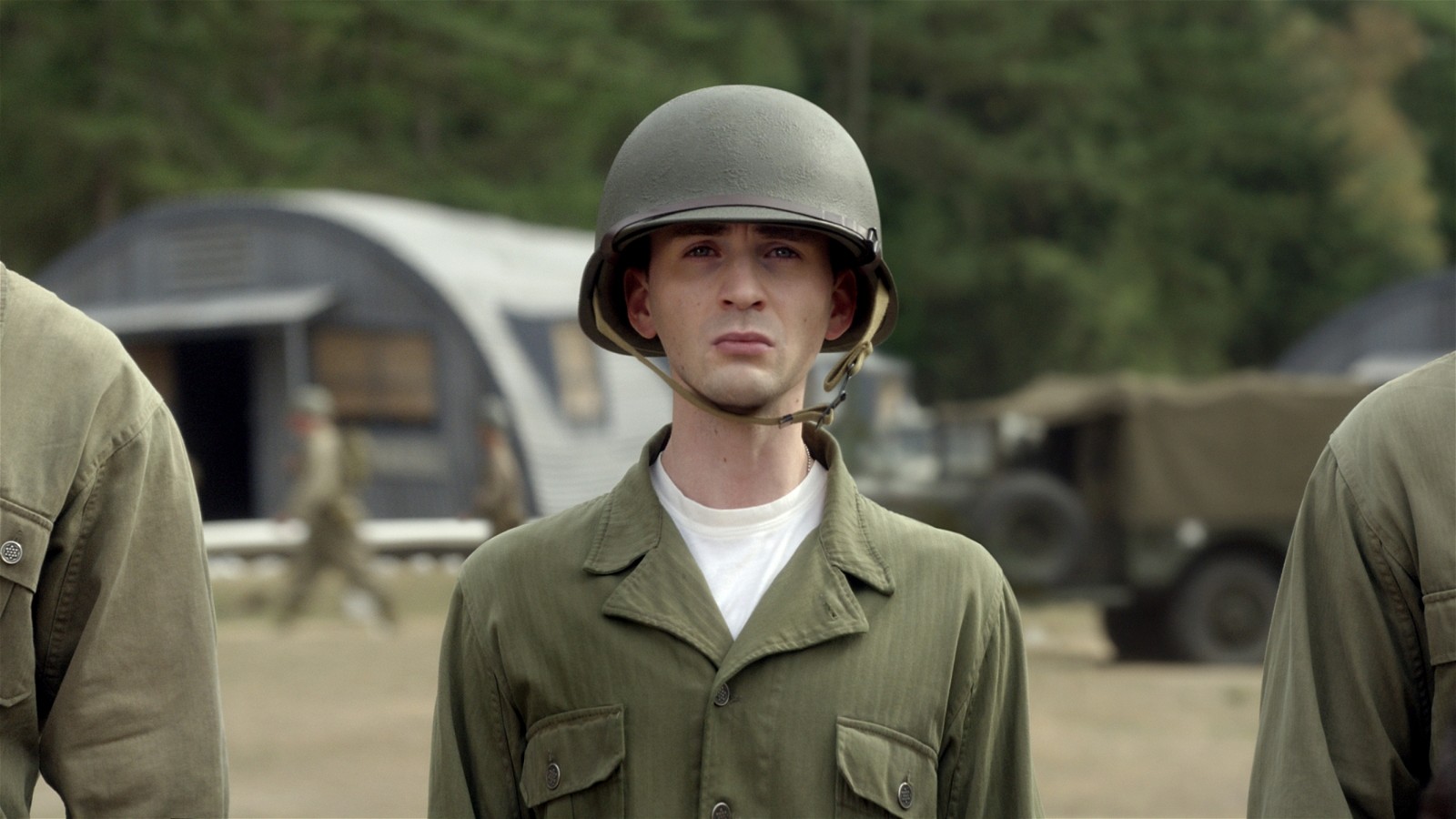Marvel’s introduction of Chris Evans as Steve Rogers in Captain America: The First Avenger nearly faced disruption, resulting in intense disagreements among executives, as it followed the earlier entries in the Marvel Cinematic Universe.
Set in the 1940s during World War II, the film depicted Steve Rogers’ transformation into Captain America, culminating in his frozen state and eventual revival in the modern-day MCU timeline, aligning perfectly for his participation in The Avengers.

Steve Rogers’ character development throughout the MCU Captain America films heavily leaned on the foundation laid in The First Avenger. The film not only introduced his childhood friend Bucky Barnes, who later transformed into the Winter Soldier, a pivotal figure in the sequel but also established the groundwork for Steve’s relationship with Peggy Carter.
First Captain America Film Almost Had A Different Timeline
Avengers: Endgame’s poignant closing scene, portraying Steve and Peggy finally sharing their long-awaited dance, wouldn’t have carried the same emotional weight without The First Avenger’s historical backdrop and narrative. Nonetheless, the period setting of Captain America: The First Avenger almost took a significantly different direction.
In the book MCU: The Reign of Marvel Studios by Dave Gonzales and Joanna Robinson, a detailed exploration into Marvel Studios head Kevin Feige’s initial collaboration with the Marvel Creative Committee is featured.
Comprising executives such as Alan Fine and Ike Perlmutter, the committee played a pivotal role in shaping the early phases of the MCU. However, the committee was fiercely opposed to the idea of situating Captain America: The First Avenger in the 1940s.

The book states:
“One early confrontation came over Captain America: The First Avenger. [Alan] Fine believed that Marvel audiences wouldn’t want to see a movie set largely in the 1940s. [Kevin] Feige and [Louis] D’Esposito insisted that they needed to establish Captain America before making The Avengers: the movie had to show audiences that Steve Rogers was a man out of time, not just pay lip service to the notion. The meetings became ‘screaming matches,’ but Feige prevailed.”
Had the Marvel Creative Committee’s preference prevailed, The First Avenger might not have unfolded in the 1940s, potentially leaving Steve Rogers’ origin tale to be predominantly recounted rather than visually depicted.
Fortunately, Feige and Louis D’Esposito emerged victorious after intense deliberations that escalated into heated disputes, ensuring the film remained a period piece. This choice was crucial for the development of the character and the broader franchise.
Why World War II Storyline Was Important For The Character
According to The Reign of Marvel Studios, the decision by Feige and D’Esposito to set Captain America: The First Avenger in the 1940s stemmed from their emphasis on demonstrating rather than narrating.
Robust storytelling involves visually engaging the audience, fostering a stronger connection between viewers and the characters, while weaker storytelling merely imparts information, lacking the emotional resonance necessary for genuine engagement.

Given the premise of Steve Rogers’ narrative centered on him being a man displaced in time, which was evident in the culmination of his story arc, Kevin Feige and D’Esposito’s insistence on depicting rather than recounting was indeed fitting.
Equally crucial was the wartime setting for Steve’s backstory, as he assumes the role of Captain America amidst the United States’ endeavors to engineer a super-soldier. While this facet of his narrative could have conceivably been modernized, akin to the adaptation of Tony Stark’s story from the comics for the MCU, certain elements of Steve Rogers’ origins would have appeared incongruous in a contemporary context, such as his national tour to promote war bonds.
Captain America: The First Avenger is available for streaming on Disney Plus.


